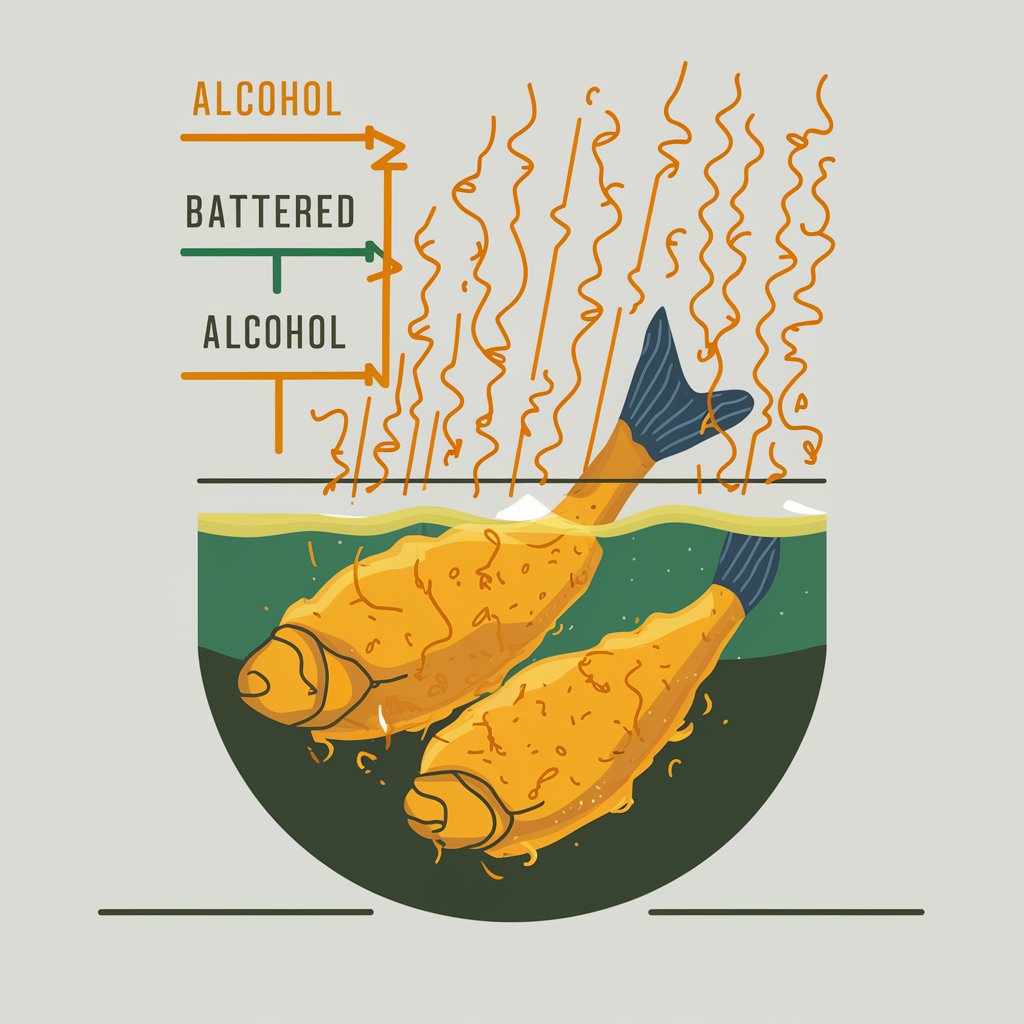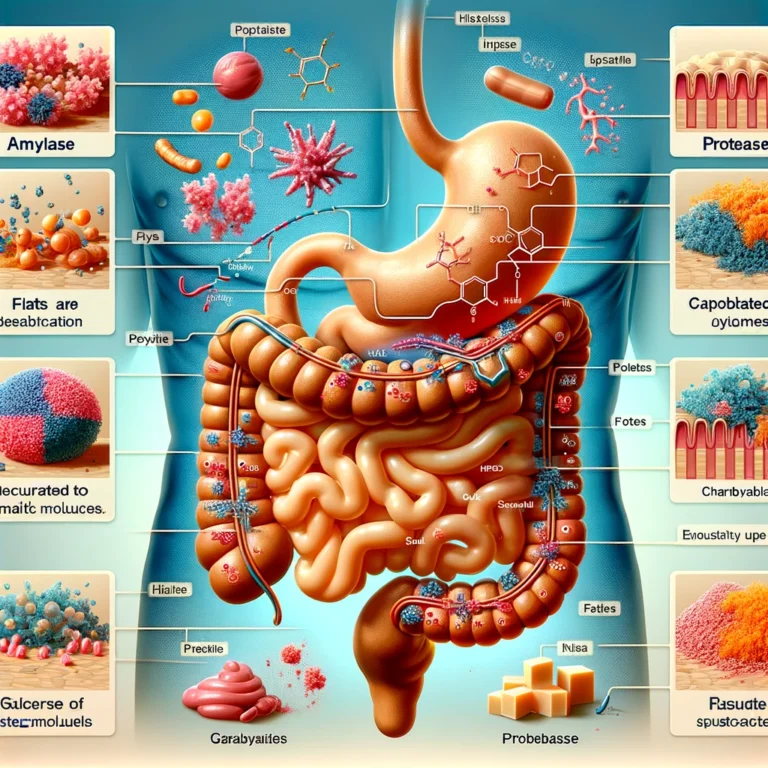Is Beer Battered Fish Halal?
As an expert in Islamic dietary laws and food preparation techniques, I have conducted extensive research on the topic of beer battered fish and its permissibility in a halal diet. In this comprehensive article, I will provide a detailed analysis of the key factors to consider when determining whether beer battered fish is halal or haram.
Understanding the Concept of Halal
To grasp the nuances of this topic, it is essential to first understand the concept of halal in Islamic dietary laws. The term “halal” refers to anything that is permissible according to Islamic law. In the context of food and drink, halal items must meet specific criteria:
- The food or drink must not contain any prohibited (haram) ingredients, such as pork or alcohol.
- The animal must be slaughtered according to Islamic guidelines (zabihah).
- The food must not come into contact with any haram substances during preparation, processing, or storage.
The Controversy Surrounding Beer Battered Fish

Beer battered fish has been a subject of debate among Islamic scholars and the Muslim community due to its preparation method, which involves the use of beer as a key ingredient in the batter. The main concern is whether the presence of beer, an alcoholic beverage, renders the dish haram.
To address this issue, we must examine the following aspects:
- The role of beer in the batter
- The cooking process and its impact on the alcohol content
- Islamic scholarly opinions on the matter
The Role of Beer in the Batter
In beer battered fish recipes, beer is used as a leavening agent to create a light, crispy texture. The carbonation in the beer helps to aerate the batter, resulting in a lighter coating on the fish. Beer also adds flavor to the dish, imparting a subtle malty taste.
It is important to note that the beer used in the batter is not consumed directly but rather serves as an ingredient in the cooking process.
The Cooking Process and Its Impact on Alcohol Content
When beer battered fish is deep-fried, the high cooking temperature causes the alcohol in the beer to evaporate. Studies have shown that the alcohol content in beer battered fish is significantly reduced during the cooking process.
| Cooking Method | Alcohol Retention |
|---|---|
| Baked, 25 minutes | 45% |
| Flamed | 75% |
| Simmered, 15 minutes | 40% |
| Deep-fried | 5% |
Source: USDA Table of Nutrient Retention Factors, Release 6
As evident from the table above, deep-frying results in the highest reduction of alcohol content, with only 5% of the original alcohol remaining in the dish.
Islamic Scholarly Opinions
Islamic scholars have differing opinions on the permissibility of consuming beer battered fish. The main points of contention are:
- The presence of alcohol in the dish, even in trace amounts
- The use of beer as an ingredient, regardless of its final alcohol content
Some scholars argue that the mere presence of beer, an inherently haram substance, renders the dish impermissible. They maintain that the Quran explicitly prohibits the consumption of alcohol and that using it in any form is not allowed.
On the other hand, other scholars contend that the negligible amount of alcohol remaining in the dish after cooking does not make it haram. They draw parallels to the permissibility of consuming vinegar, which is derived from alcohol but is considered halal due to the complete transformation of its properties.
Factors to Consider
When deciding whether to consume beer battered fish, Muslims should consider the following factors:
- Personal conviction and comfort level with the Islamic scholarly opinions on the matter
- The availability of alternative halal options, such as fish fried in a non-alcoholic batter
- The potential for causing confusion or offense within the Muslim community
It is crucial for individuals to make an informed decision based on their understanding of Islamic principles and in consultation with trusted religious authorities.
Conclusion
The permissibility of beer battered fish in a halal diet is a complex issue that requires careful consideration of Islamic dietary laws, the role of beer in the dish, the cooking process, and the opinions of Islamic scholars.
While some scholars maintain that the presence of beer renders the dish haram, others argue that the trace amounts of alcohol remaining after cooking do not make it impermissible.
Ultimately, the decision to consume beer battered fish rests on an individual’s personal conviction, understanding of Islamic principles, and consultation with trusted religious authorities. It is essential to respect the diverse opinions within the Muslim community and to make choices that align with one’s faith and values.
As an expert in this field, I recommend that Muslims who are unsure about the permissibility of beer battered fish seek alternative halal options or consult with their local Islamic scholars for guidance.
By maintaining an open and informed dialogue on this topic, we can foster a deeper understanding of Islamic dietary laws and ensure that our food choices are in line with our faith and values.








